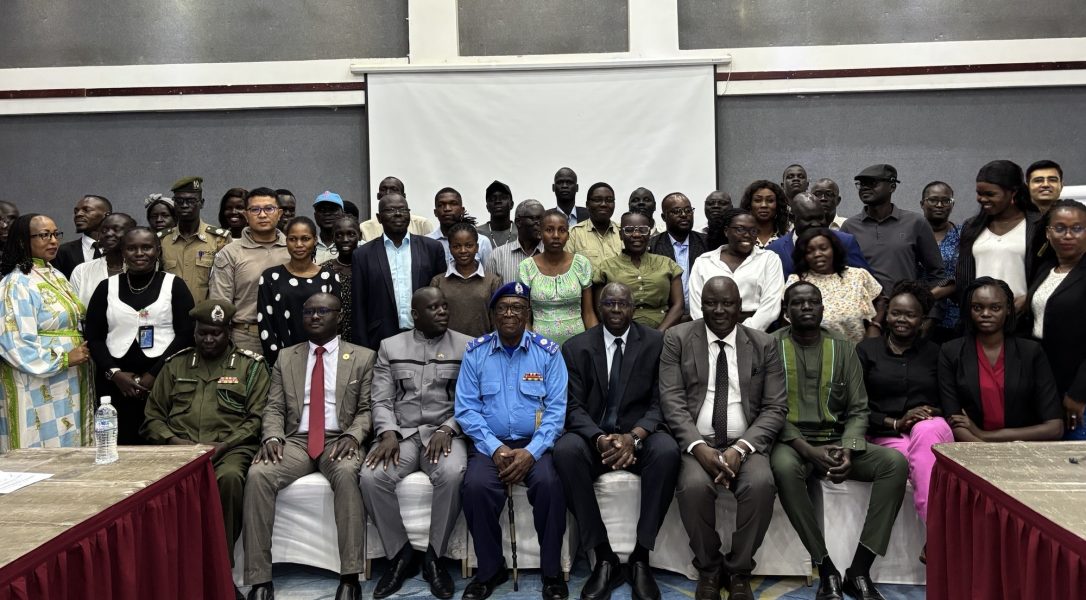
Media practitioners from across South Sudan have completed a comprehensive training workshop on conflict-sensitive journalism, aimed at equipping them with the skills to report responsibly in fragile and post-conflict contexts.
The training, organized by the Union of Journalists of South Sudan (UJOSS) and the Media Mentors Network with support from the United Nations Mission in South Sudan (UNMISS), focused on strengthening ethical reporting practices that can promote peace, stability, and reconciliation in the country.
David Kwaje, Head of Mission for the Intergovernmental Authority on Development (IGAD), delivered the keynote address, stressing the pivotal role journalists play in shaping public discourse.
He urged participants to embrace constructive, accurate reporting that builds unity rather than deepens divisions.
“Responsible journalism can bridge communities, foster understanding, and create an environment for sustainable peace,” Kwaje said.
He outlined IGAD’s regional peace initiatives, from extraordinary summits to political dialogues, and encouraged journalists to see themselves as partners in these processes.
UNMISS representative Mamadou Toure underscored the urgent need to counter misinformation, disinformation, and hate speech, threats that can quickly inflame tensions in post-conflict settings.
“Journalists must be able to verify information and assess the impact their stories can have on social cohesion,” Toure said.
He called for stronger collaboration between the media, civil society, and political leaders to ensure transparency, accountability, and inclusive dialogue.
Over several days, the workshop explored techniques for accurate reporting in volatile environments, strategies for covering sensitive issues without escalating conflict, and methods for protecting sources and ensuring personal safety in the field.
Participants also studied examples from other regions that have transitioned from war to peace, with an emphasis on cultural sensitivity, historical context, and ethical storytelling.
Practical challenges were also addressed, including poor infrastructure, limited access to official information, security risks, and financial pressures on newsrooms.
Facilitators encouraged participants to adopt innovative approaches to overcome these obstacles while safeguarding editorial independence.
UJOSS and the Media Mentors Network emphasized that sustainable improvements in journalism require strong local leadership backed by international support.
The training reflected a model of partnership where global expertise and resources are combined with local knowledge and ownership.
For many journalists in attendance, the workshop offered not only new skills but also a renewed sense of responsibility.
“As we report on our nation’s journey, we must be conscious that our words can either heal or harm,” one participant noted.
As South Sudan works toward lasting peace, media practitioners are expected to play an increasingly critical role in fostering national unity.
Organizers believe the long-term impact of this initiative will be measured by how journalists apply conflict-sensitive principles in their reporting, shaping an information environment that supports reconciliation and development.
The program signals growing recognition that strengthening the media sector is vital for democratic governance and social cohesion in post-conflict societies.
By empowering journalists, stakeholders hope to ensure the press remains a force for truth, accountability, and peace in South Sudan.

